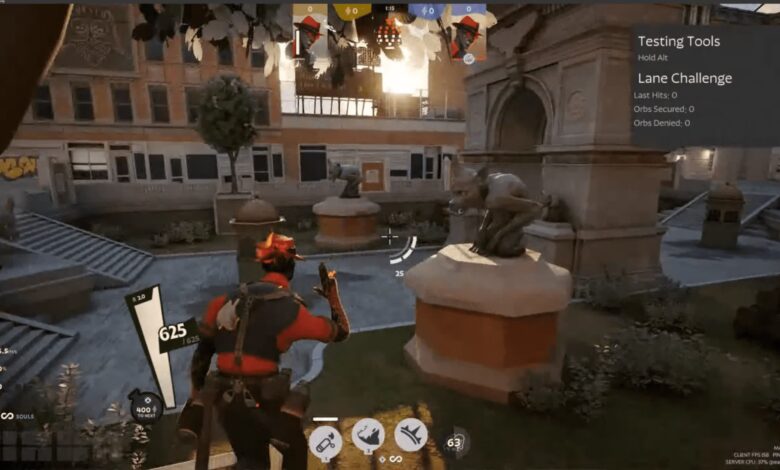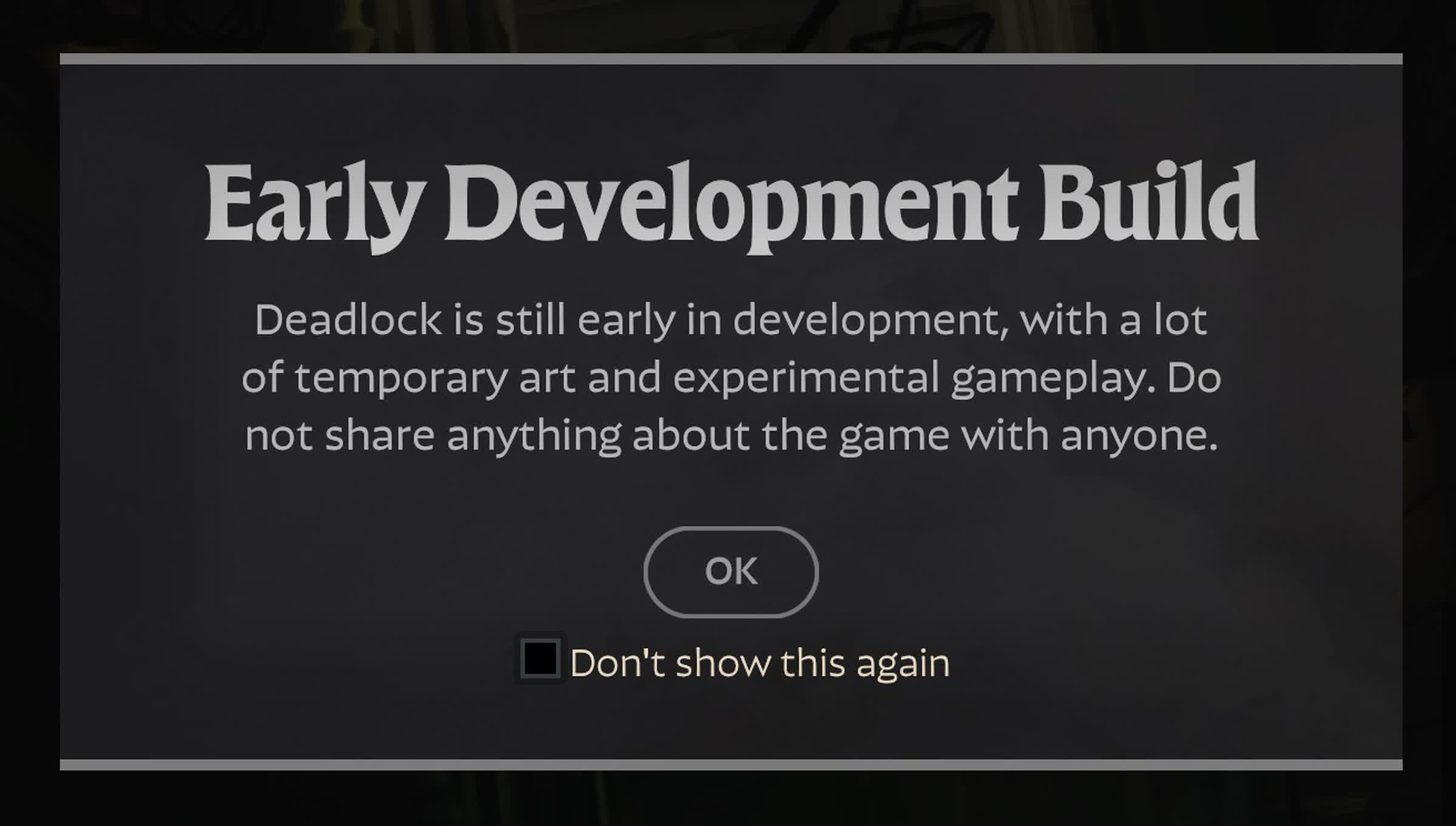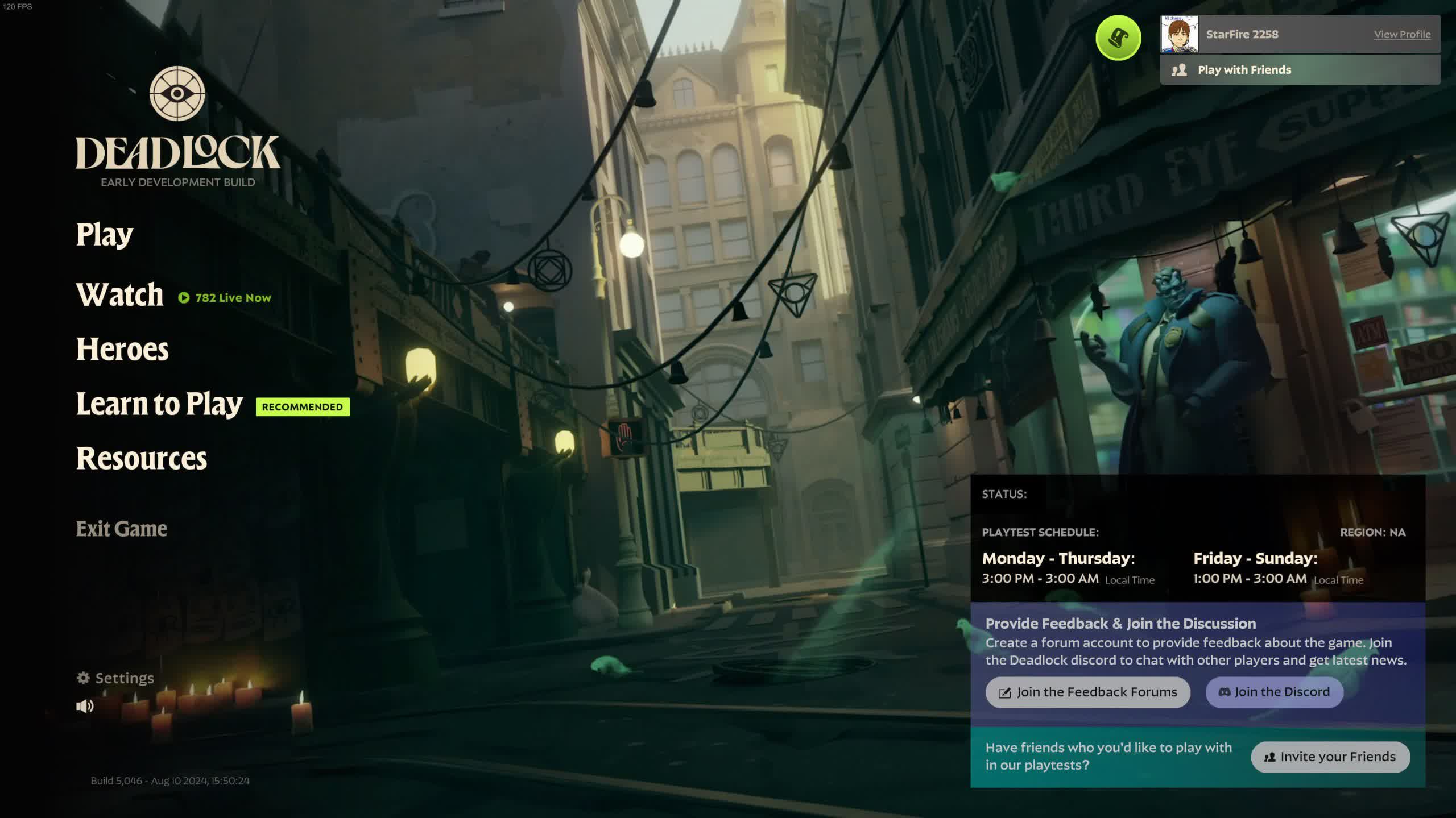Valve banned The Verge from its secret Deadlock playtest for leaking information on the game

Serving tech enthusiasts for over 25 years.
TechSpot means tech analysis and advice you can trust.
A hot potato: It seems that Valve is in a minor scuffle with The Verge. The dispute has not come to legal swings, but the Half-Life publisher has banned the tech publication from a “secret” closed beta test of a new MOBA that nobody is supposed to know about, but everybody does.
Let’s set the stage. For months, data miners have been dribbling information on a secret Valve project that has gone under at least three codenames – Neon Prime, Citedel, and now Deadlock. People have described it as a MOBA that combines elements from other similar titles like Dota 2, Team Fortress 2, and Overwatch. Gameplay footage is already floating around, so although it remains unannounced, it is no longer a secret.
Over the weekend, Valve massively expanded its closed beta testing. By some accounts, the playtest reached 12,000 to 16,000 concurrent players. One of Valve’s beta invites went to The Verge founding member and Senior Editor Sean Hollister, who subsequently penned an exposé of the game on Monday.
We played Valve’s secret new shooter: Deadlock. It’s like Overwatch, Dota 2, and Team Fortress 2 all baked into a pie https://t.co/wRRB8t1mcO
– Tom Warren (@tomwarren) August 13, 2024
Hollister makes it clear that he did not sign an NDA or any other written or verbal agreement. The invite didn’t even come with an existing embargo notice. He also points out that he is convinced Deadlock is a “legitimate” Valve production.
“Earlier today, I received a no-strings-attached invite to play Deadlock on Steam. Steam claims the game is made by Valve. It displays Valve’s copyrighted logo when it launches, and its executable is digitally signed by ‘Valve Corp.’ The game’s directories contain Valve legal notices and numerous other text files that reference Valve, and it feels like a Valve game. Though Valve didn’t respond to my requests for comment, I’m completely convinced that it’s legit.”
Hollister goes on to describe some of the aspects of the gameplay. His piece also includes screenshots and a short looping gif of a zipline mechanic found in the game.
Shortly after publishing his story, Valve fans became outraged at the audacity of The Verge for publishing a story on Deadlock because it was supposed to be a secret. Many falsely accused Hollister of breaking an NDA. Others pointed out an implied NDA agreement displayed in the game. However, the disclaimer is more of a request than a binding agreement.
“Early Development Build: Deadlock is still early in development, with a lot of temporary art and experimental gameplay,” the disclaimer reads. “Do not share anything about the game with anyone.”
If Valve was concerned about leaks, why does it suggest “Invite your friends” to the playtest on the title screen (below)? Having 12,000 to 16,000 players in a beta test and inviting them to ask their buddies to join is not the best way to keep development under wraps.
Fellow Senior Editor Tom Warren came to Hollister’s defense on Twitter, reiterating that the invite came with no legal strings. He also confirmed that the so-called (by fans, not Valve) “informal NDA” popup (below) disappears when hitting escape instead of “Okay” and allows the user to play without agreeing to the notice.
Despite his and his coworker’s claims, Valve banned Hollister’s account from the closed beta without explanation.
“Turns out, Valve was not fine with me trying Deadlock with friends,” Hollister added in an update to the article. “I’ve been banned from matchmaking! Oh well. Please feel free to make fun of me in the comments!”

Forbes notes that this is part of being a publisher. A reporter or publication is under no obligation to sit on a story that nobody else is publishing unless it has entered a legal agreement not to.
“These are decisions you make when reporting, and sometimes when something comes down to ‘some people may think I’m a jerk for doing this’ you are still going to publish information no one else is running, particularly when you have not agreed to any sort of legally-binding NDA or even an embargo. I’m not sure what I would have done in this situation, but yes, technically The Verge had the right to do this no matter how mad people may be about it, Valve included.”
It is unclear whether The Verge will face any sanctions other than its ban from the playtest. Valve has refused to answer requests for comment, and The Verge has dug in its heels. Legal actions are possible but doubtful. Valve hasn’t even issued a cease and desist order to get the story taken down. A more likely scenario would be Valve excluding The Verge from future sneak peeks, but as Forbes points out, that’s not such a big deal considering the infrequency of Valve-produced games.



